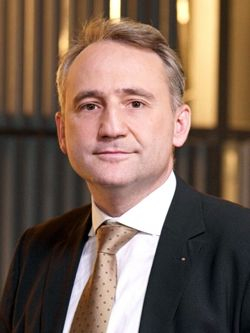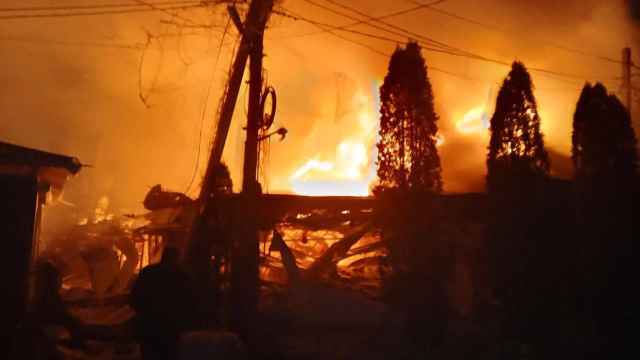
Holger Mueller
Managing Director
UFG Real Estate
Moscow’s broker community predicts both office rent as well as buying and selling prices for quality office buildings in Moscow’s central business district to rise over the next 12 months. We tend to agree with the former but not the latter, taking into account the still excessive gap in risk perception between Russian sellers and foreign buyers.
Foreign investors look at Russia as an emerging market with an inherent lower gross domestic product per capita of about $11,000 and comparably higher risk. Russians, in contrast, see Moscow rather as a country in itself. Once you follow this line, the risks look different: We are then talking about a country of about 12 million inhabitants with a GDP of about $375 billion, implying a GDP per capita of $31,000, which puts it into the same class as developed countries. The capital of this “country” is the Central Administrative District, or TsAO, roughly the area inside the Garden Ring.
Real estate investment risk in political or economic capitals of Europe, such as Milan, Amsterdam or Frankfurt, is perceived as much lower than in the rest of these countries. The same should apply for assets in the TsAO compared with those in the rest of Moscow.
This argument is even stronger in Moscow, because of the ever-worsening traffic chaos. Moving outside of the Garden Ring means, in many cases, losing contact with Moscow’s business community: Out of sight means out of mind. Moreover, it could mean the loss of a significant number of staff, those who prefer the easy access of offices in the “capital.”
This necessity to live and work inside the Garden Ring considerably lowers the risk of investment in the TsAO. This was confirmed during the recent downturn: As Russian owners did not lower prices to the levels demanded by real estate vultures, overall investment activity came to a standstill.
So, what does this all mean for office tenants and office investors?
- Tenants are well advised to use the current window of opportunity to move to cheaper office locations. As about 300,000 square meters of quality office space comes to the market over the course of this year, pressure on rent will continue. However, once this additional space has been absorbed, there will be only a limited volume of new office space coming to the market. Moscow office developers have been hit hard by the recent crisis, and it will take considerable time until they complete new projects.
- For the investor, does this mean that prices for office stock in Moscow will rise, as the brokers, who for some inexplicable reason always tend to side with the sellers, predict? The answer is probably not, at least not in the medium term. For the reason laid out above, the big international institutional investors — if they look at the Moscow market at all — expect yields much higher than what local owners would be prepared to sell for. So, more hibernation is expected.
A Message from The Moscow Times:
Dear readers,
We are facing unprecedented challenges. Russia's Prosecutor General's Office has designated The Moscow Times as an "undesirable" organization, criminalizing our work and putting our staff at risk of prosecution. This follows our earlier unjust labeling as a "foreign agent."
These actions are direct attempts to silence independent journalism in Russia. The authorities claim our work "discredits the decisions of the Russian leadership." We see things differently: we strive to provide accurate, unbiased reporting on Russia.
We, the journalists of The Moscow Times, refuse to be silenced. But to continue our work, we need your help.
Your support, no matter how small, makes a world of difference. If you can, please support us monthly starting from just $2. It's quick to set up, and every contribution makes a significant impact.
By supporting The Moscow Times, you're defending open, independent journalism in the face of repression. Thank you for standing with us.
Remind me later.





